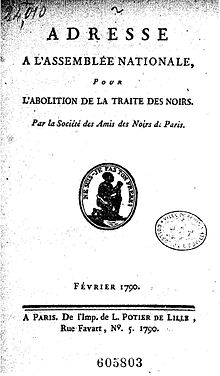At times I have caught myself writing the noun form of abolish as "abolishment" and then pausing before realizing it should really be "abolition". Even as I type my spellchecker tells me that "abolishment" is wrong, but I know it isn't, it's just rarely used. The website grammarist has this to say
Abolishment vs. abolition
Abolishment appears in many dictionaries and is not considered incorrect, but abolition is preferred in all modern varieties of English. Both nouns mean the act of doing away with something, and neither has any meanings it does not share with the other.Both words date from the early 16th century (soon after abolish came to English from French roots), but abolition has always been more common, and it now appears about ten times as often as abolishment. Some writers reserve abolishment for senses unrelated to slavery, but the distinction is unnecessary.
Nevertheless, I would like to know why the most common noun form is abolition. If I look at other verbs ending -ish it seems that the suffix -ment is preferred to make nouns.
- abolish+ -ment (rare)
- accomplish+ -ment
- astonish+ -ment
- banish+ -ment
- establish+ -ment
- demolish+ -ment (but that's considered archaic)
- malnourish+ -ment
- vanish + -ment
Curiously, Oxford Online Dictionaries lists only the noun abolishment in its entry for abolish, although it does have a separate entry for abolition. Is there a reason for this?
- Why was/is the term abolition preferred to abolishment?
- Considering the very many verbs that ending in -ish, why is the noun form abolition?
(I know "why" questions are nigh impossible to answer but I tend to see patterns and aboli+ -tion appears to be an exception)

